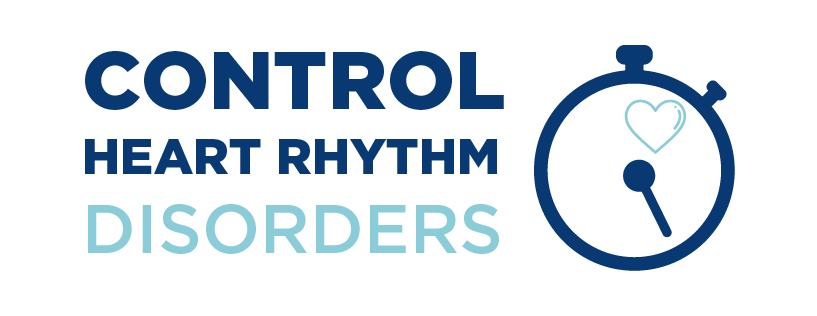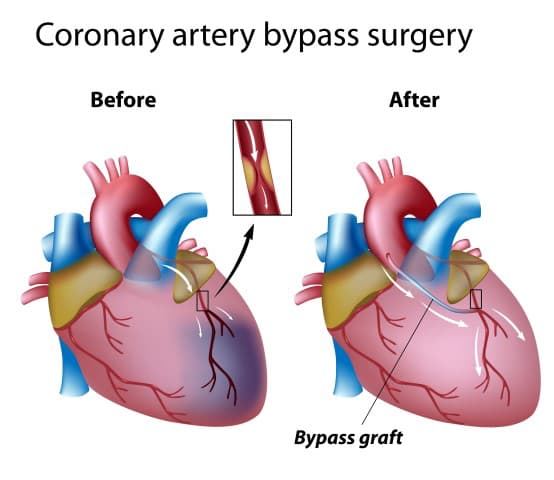CARDIAC PACEMAKERS & DEVICES

A pacemaker corrects a slow or irregular heartbeat and treats heart failure.

We offer other implanted cardiac devices to serve different functions and purpose.

A cardiac pacemaker is a small electronic device used to control your heartbeat. It is implanted to correct a slow or irregular heartbeat, or to treat heart failure. About the size of a match box, it is usually placed under the skin below the left or right collar bone, during a surgical procedure.
There are other implanted cardiac devices which can help control heart rhythm disorders. While they differ in function and purpose, they all come with the expertise and experience of our dedicated staff.



